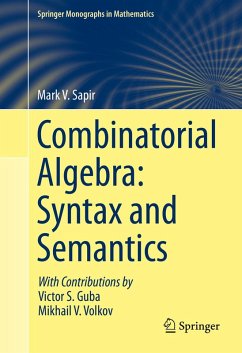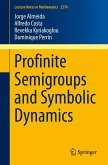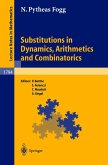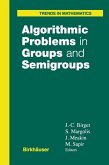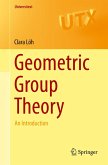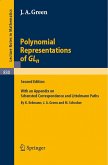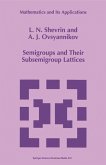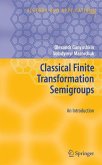With over 350 exercises at various levels of difficulty and with hints for the more difficult problems, this book can be used as a textbook,and aims to reach a wide and diversified audience. No prerequisites beyond standard courses in linear and abstract algebra are required. The broad appeal of this book extends to a variety of student levels: from advanced high-schoolers to undergraduates and graduate students, including those in search of a Ph.D. thesis who will benefit from the "Further reading and open problems" sections at the end of Chapters 2 -5.
The book can be used in a classroom and for self-study, engagin
g anyone who wishes to learn and better understand this important area of mathematics.
Dieser Download kann aus rechtlichen Gründen nur mit Rechnungsadresse in A, B, BG, CY, CZ, D, DK, EW, E, FIN, F, GR, HR, H, IRL, I, LT, L, LR, M, NL, PL, P, R, S, SLO, SK ausgeliefert werden.
Hinweis: Dieser Artikel kann nur an eine deutsche Lieferadresse ausgeliefert werden.
"The book explores connections and interactions between 'semantics' (that is, 'objects' like graphs, topological spaces, etc.) and 'syntactics' (i.e. the means to speak about objects like words, laws, etc.) which occur in the analysis of algebraic structures. ... The book ... is addressed to active readers of a certain level of mathematical maturity. Included are more than 350 exercises and a collection of open problems." (K. Auinger, Monatshefte für Mathematik, 2015)
"The book should be viewed as an encyclopedia of algebraic facts which have strong combinatorial flavor both in their statement and in proofs. ... The book should be of interest to different audiences who want to be introduced to the fascinating world of combinatorial algebra, ranging from undergraduate students to senior scientists." (Vadim Gorin, zbMATH 1319.05001, 2015)

